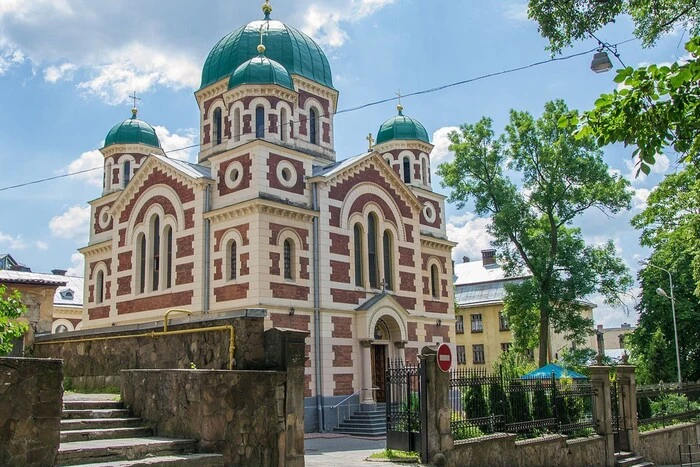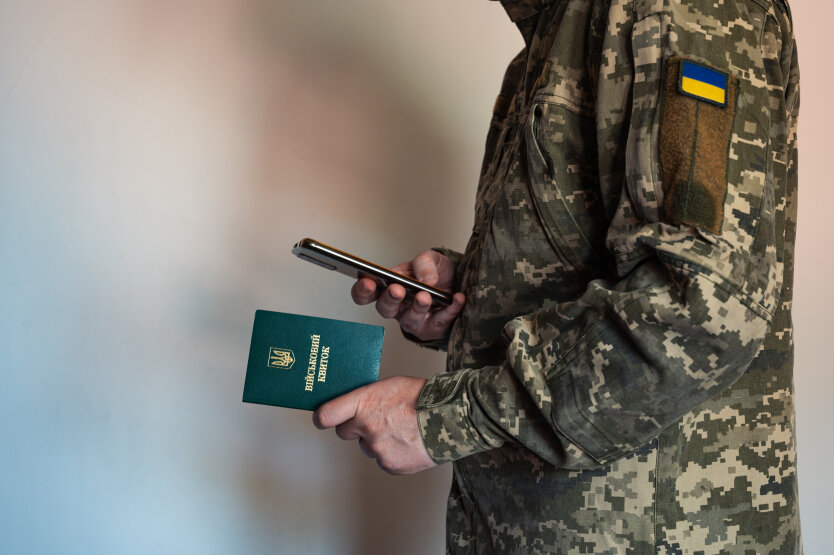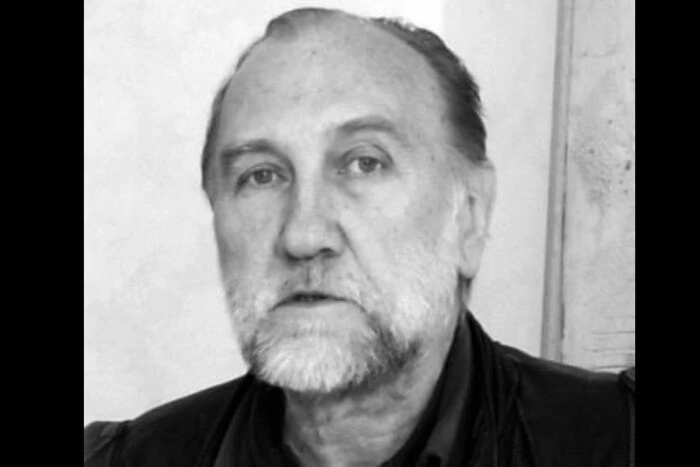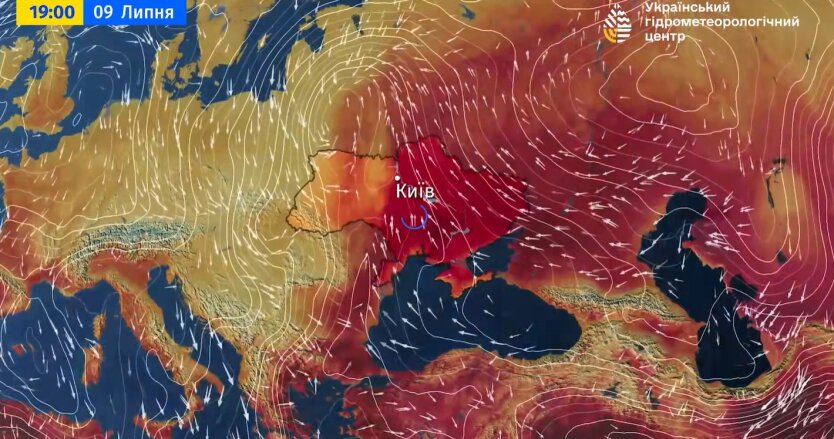Lviv Oblast State Administration was the first to report that the Moscow Church no longer exists in the region.


In the past year, three religious communities from the Moscow Church have transitioned to the Ukrainian Orthodox Church in Lviv region. This information was provided by the Lviv Oblast Military Administration. According to the materials of 'Glavkom', despite the prohibitive law regarding the Moscow Church, the religious communities continue their activities.
Over the year, three communities of the Moscow Church joined the Ukrainian Orthodox Church in Lviv region. This information was provided by the Lviv Oblast Military Administration referring to the materials of the 'Glavkom' portal. According to the law that prohibits the Moscow Church, these religious communities continue their activities.
During the period from August 20, 2024, to April 20, 2025, three communities that were part of the Moscow Patriarchate transitioned to the UOC/PCU. The Uppsala Oblast Military Administration claims that there are still 17 communities of the Moscow Patriarchate Church in Lviv region.
From August 20, 2024, to April 20, 2025, three religious communities that were previously part of the Moscow Patriarchate joined the Ukrainian Orthodox Church in Lviv region. The Lviv Oblast Military Administration reports that 17 communities of the Moscow Patriarchate Church still remain in Lviv region.
The Uppsala Oblast Military Administration also reported that during this period, 14 religious communities of the UOC, which were in unity with the Moscow Patriarchate, closed voluntarily.
The Lviv Oblast Military Administration also reports that during this period, 14 religious communities that belonged to the Ukrainian Orthodox Church and were in unity with the Moscow Patriarchate closed voluntarily.
The law prohibiting the Moscow Church was adopted on May 20, 2025, and provided for a nine-month period during which religious communities were to sever ties with the Moscow Patriarchate. However, less than 10% of the church communities belonging to the Moscow Patriarchate complied with this law by re-registering their charters.
After the nine-month period set by the law, questions arise - what will happen next? More details can be read in the article 'The law prohibiting the Moscow Church: and the cart is still there. Who is sabotaging the process?'.
It should be noted that the Kremlin has already appointed new representatives of the Russian Orthodox Church, who will be responsible for spreading hostile ideology in Ukraine.
Interestingly, the Security Service of Ukraine has gathered evidence against 14 Russian clerics who disseminate Kremlin narratives in the temporarily occupied territories of Ukraine.
Read also
- The educational ombudsman explained how to bring Ukrainian youth back from abroad
- From abnormal heat to stormy rains: forecaster Didenko warns of sharp weather changes
- New reports in Army+: Umierov explained how military personnel can arrange for dismissal after captivity and more
- Frontline Situation as of July 7. General Staff Summary
- Ukrainian artist Volodymyr Naumets has passed away
- Heatwave to hit Ukraine with temperatures up to +34: Meteorologists name the regions that will be affected by bad weather









